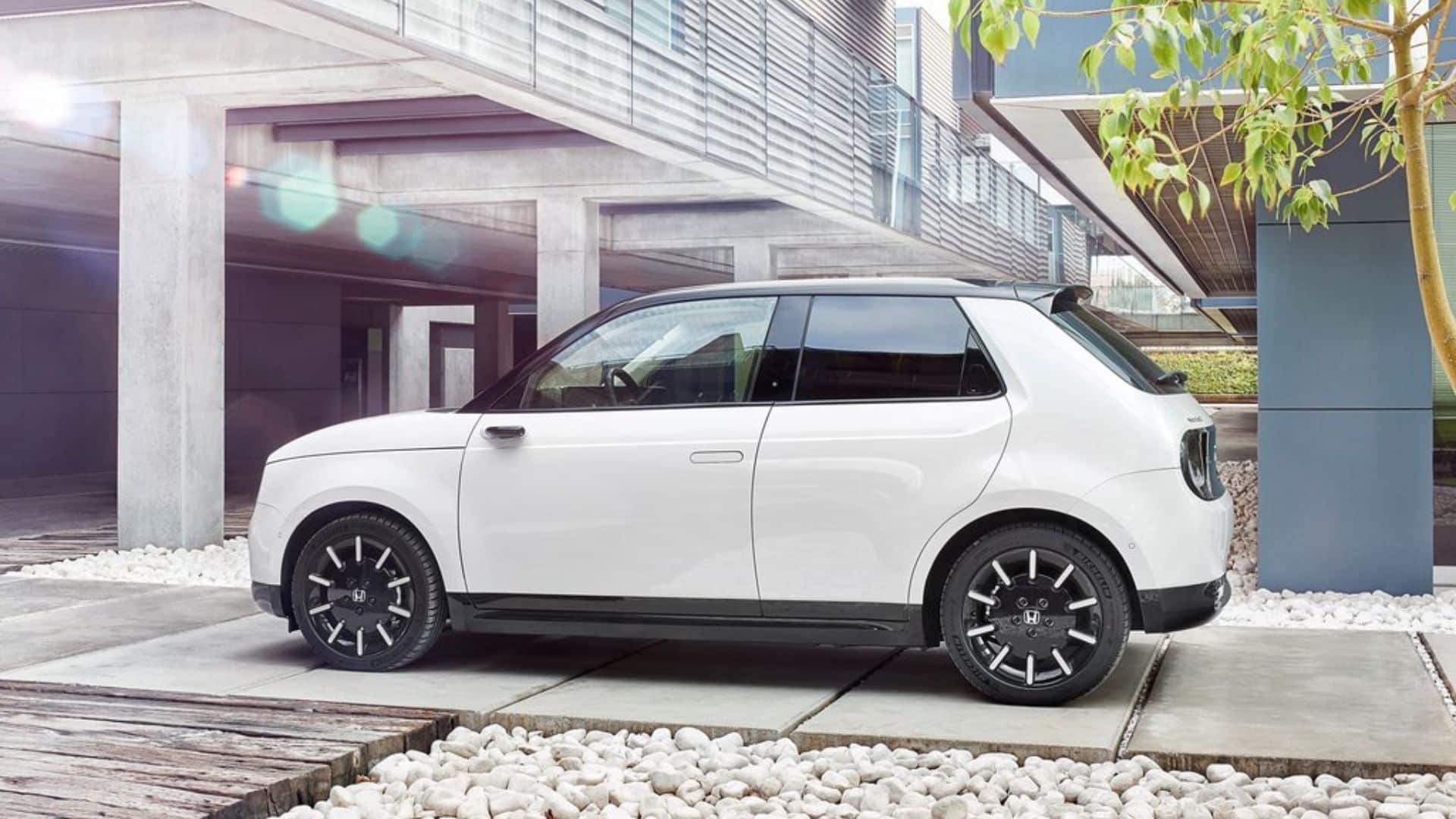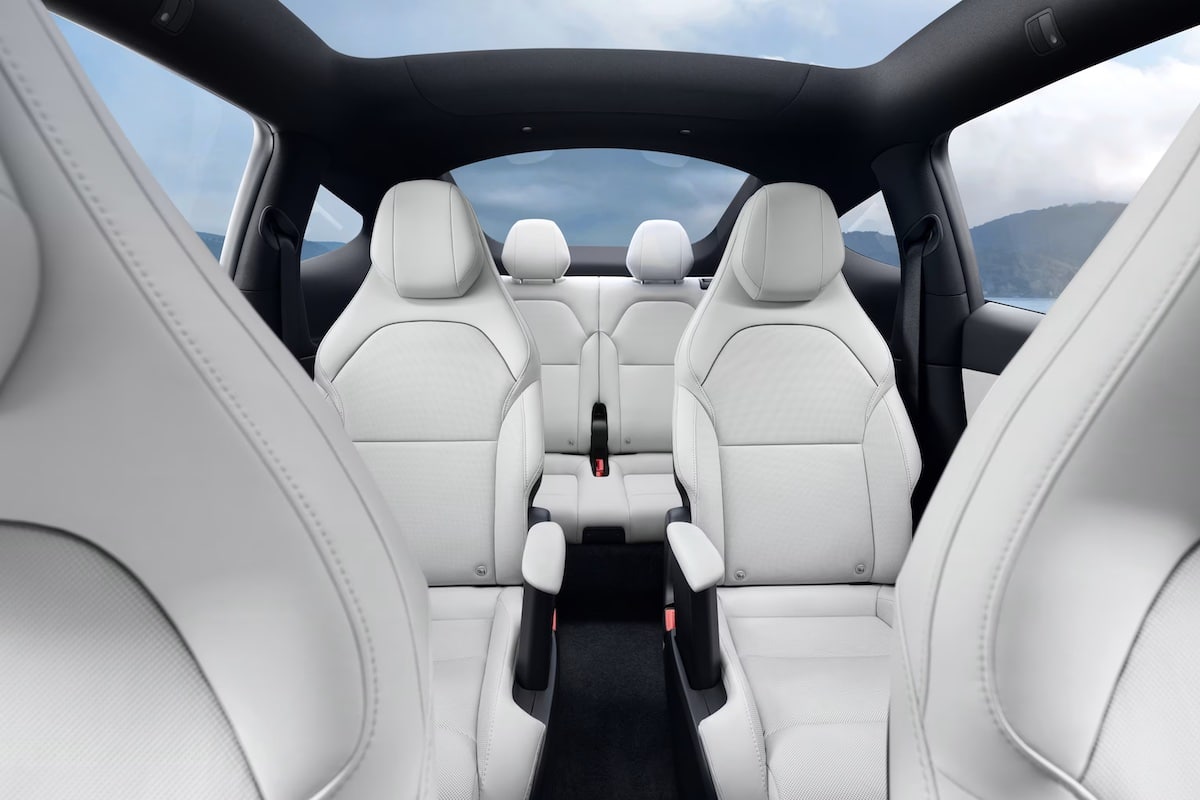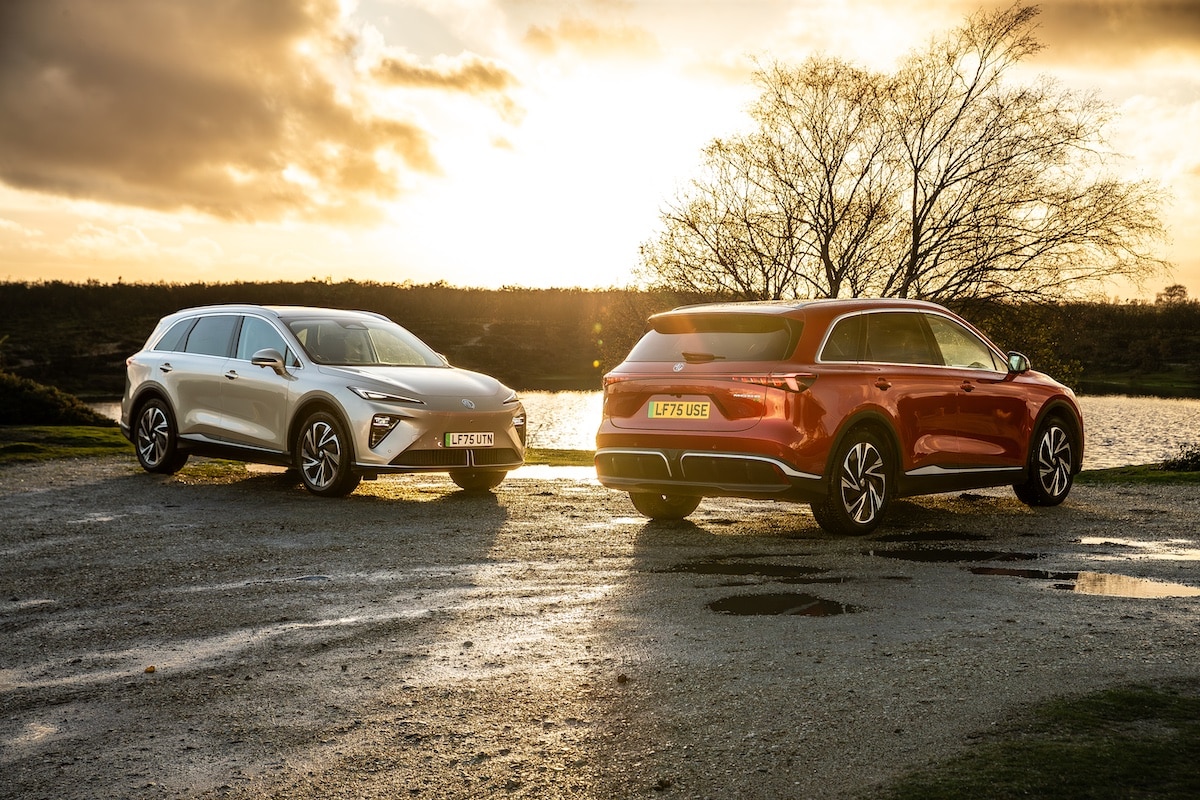Is an electric car really cheaper than a gasoline-powered one in the city?

In its latest index, TomTom analyzed the average cost of car travel in cities, taking into account the type of propulsion.
Urban drivers using electric cars almost always depend on the charging network. This constraint naturally has a significant financial impact, as charging at stations is much more expensive than charging at home. Despite this, it seems that electric cars remain more cost-effective in use than diesel or petrol vehicles, even in large cities. This is at least what emerges from a study published by TomTom.
The cost analysis was based on a yearly 10,000 km trip in 2022, within the city centers of selected locations (a 5 km radius around the central point). It reveals that in Paris, the annual charging budget averages €818 with slow chargers. The bill increases significantly with fast chargers, raising the average yearly cost to €1,405. But even under these conditions, electric vehicles prove more advantageous than thermal vehicles, regardless of the fuel. With diesel, the average fuel budget in Paris is estimated at €1,479 per year; with petrol, it reaches €1,602.
Generally, the cost of using a car in Paris is particularly high, but it is even higher in other major cities. In the ranking established by TomTom, Paris ranks fifth, behind Oslo, Athens, London, and finally Hong Kong, where a petrol car driver spends an average of €1,986 annually.
City driving, an increasingly expensive option
In the five cities listed by TomTom, the cost of using a car in 2022 increased compared to 2021, with varying degrees. The most significant increases concern diesel vehicles.
“The year 2022 saw energy prices soar for several reasons: supply chain disruptions, weather conditions, decreased investments – and the invasion of Ukraine which amplified the problem. With increased traffic congestion, fuel consumption rises, resulting worldwide in a 27% increase in energy costs for petrol cars and 44% for diesel vehicles,” explains TomTom in its study.

@TomTom
Read also: This study saw 70% of its bikes stolen in six months!
This page is translated from the original post "La voiture électrique vraiment moins chère que le thermique en ville ?" in French.
We also suggestthese articles:
Also read





